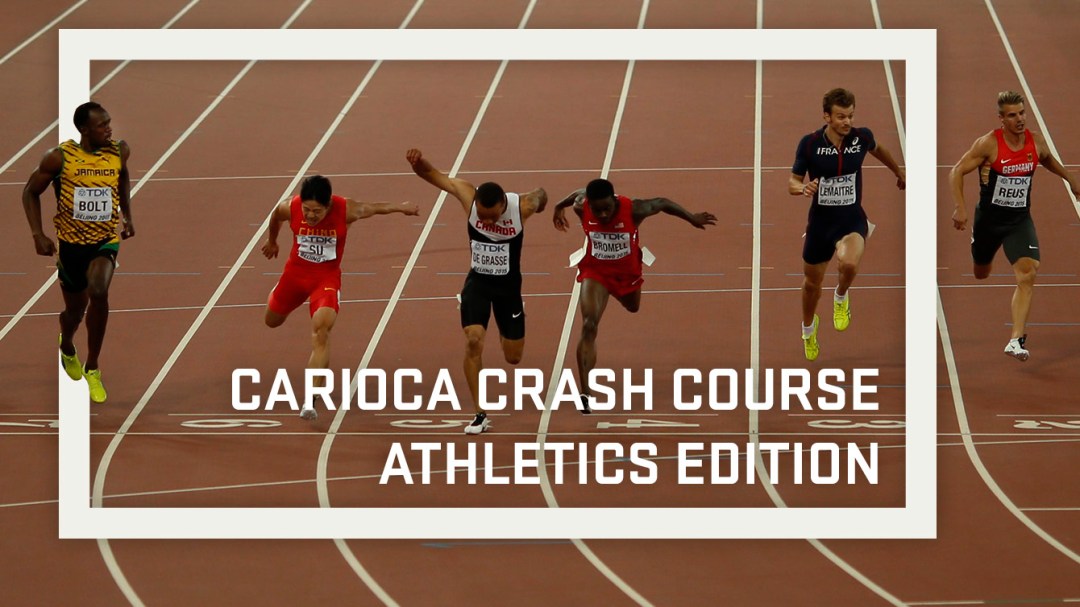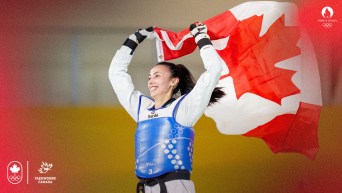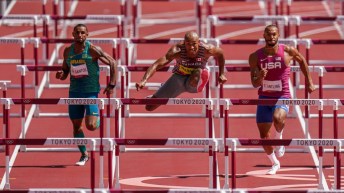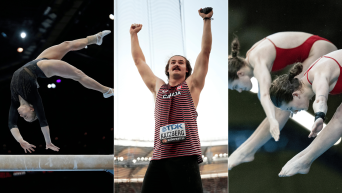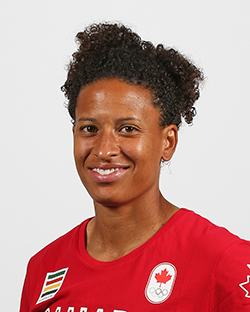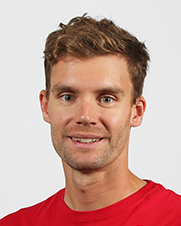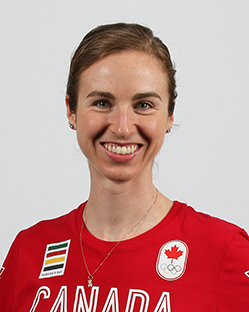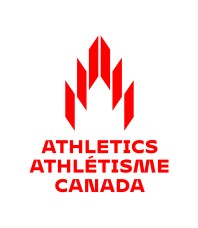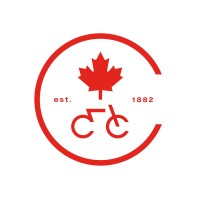Carioca Crash Course: Athletics edition – part 1
Athletics has been part of the Olympic Games since its first edition in Athens 1896. The sport category includes running, jumping, throwing, race walking and multi-discipline events.
With 54 Olympic medals, Canada has enjoyed more trips to the podium in athletics than in any other sport. At Rio 2016, Canada’s 65 athletes (at time of team announcement) will try to improve that mark and bring home more medals.
RELATED: Athletics edition Pt. 2
With the Games upon us, it is time to learn Brazilian Portuguese athletics terms to support Team Canada in Rio! In the first part of the athletics edition, you will learn running and race walking terms.
Sprint
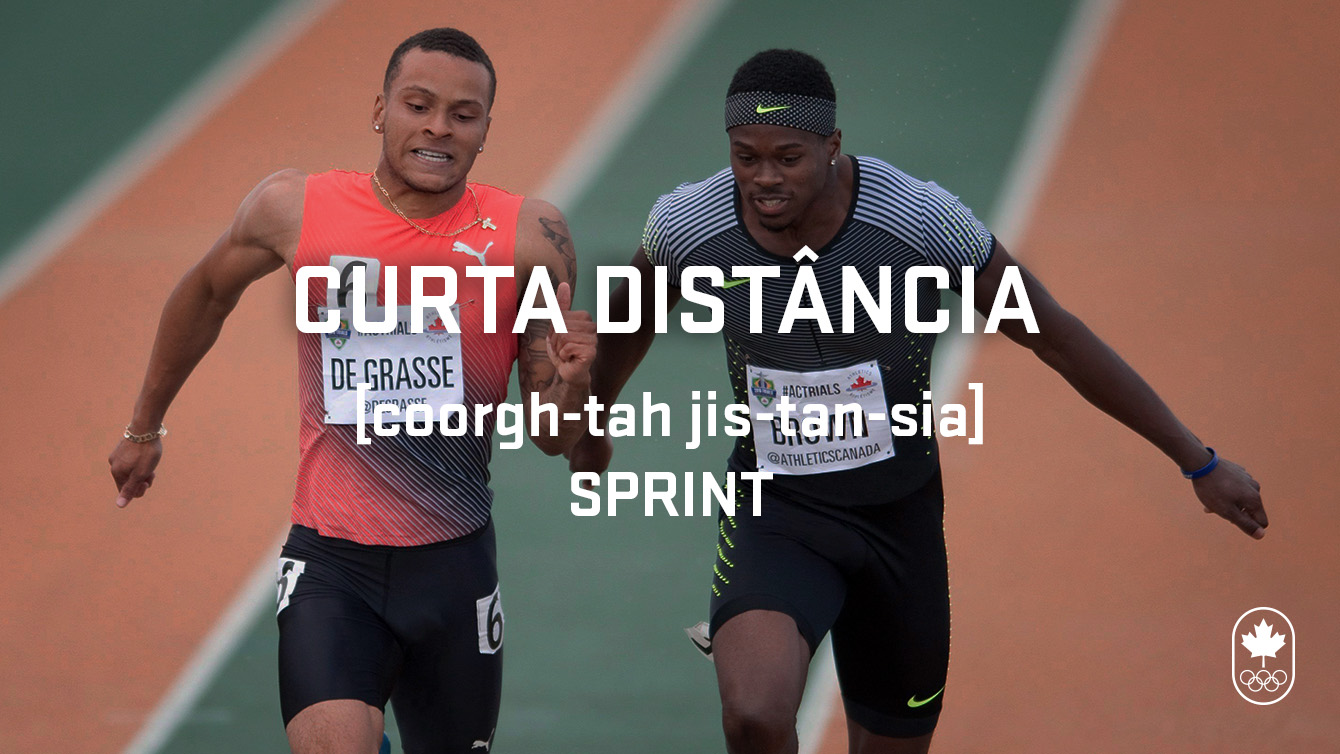
In athletics, sprint is a race over short distance – curta distância, in Portuguese. One of the oldest running competitions, the sprint was featured in the Ancient Olympic Games, with the name of stadion race, a distance between 180 and 240m, from one end of the stadium to the other. Currently, three sprint events are held at the Olympic Games: 100m, 200m and 400m. Robert Kerr was the first sprinter to get an Olympic medals for Canada, with a gold in the 200m and a bronze in the 100m, at London 1908.
Middle distance
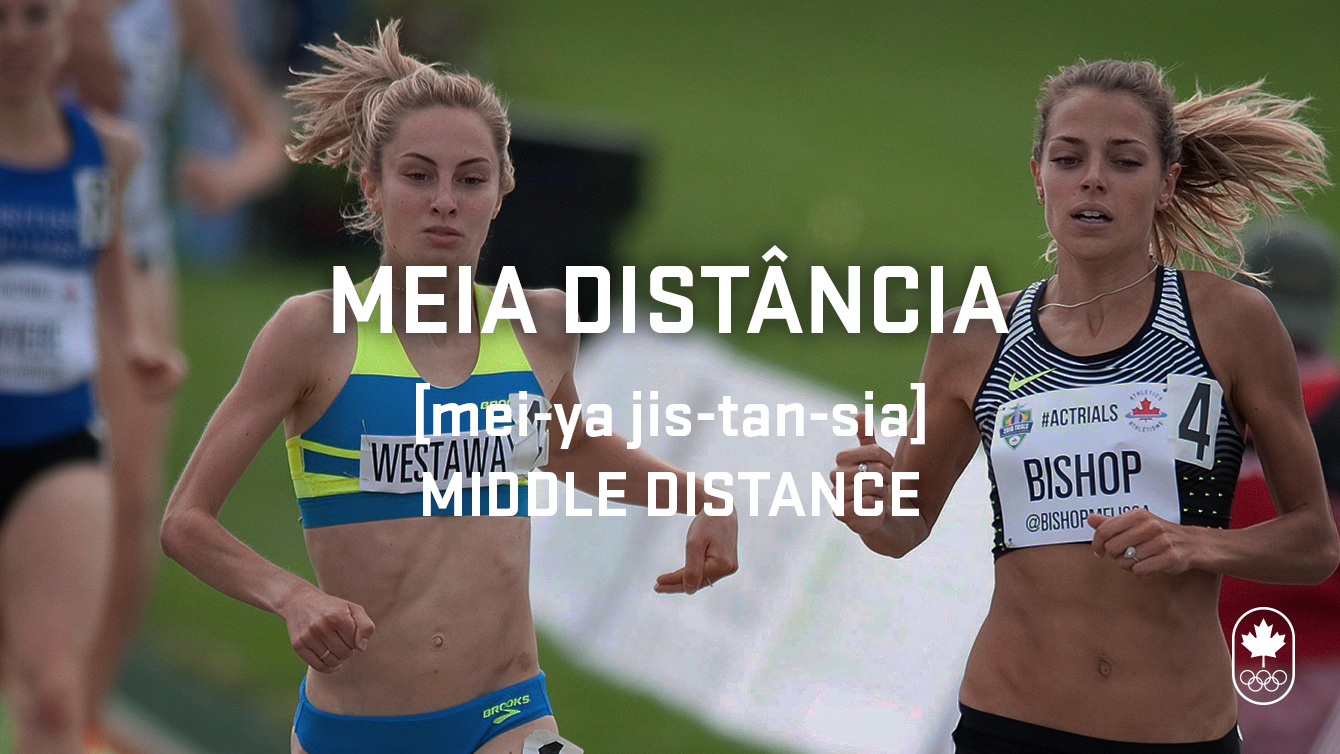
Middle-distance running, or corrida de meia distância, is a track race longer than sprint. Two middle distance events take place at the Olympic Games: the 800m and the 1500m. The Canadian Phil Edwards is known as “man of bronze” for his five bronze medals at the Olympic Games, three of them in meia distância events and two relays: Amsterdam 1928 (4x400m relay), Los Angeles 1932 (800m, 1500m, 4x400m relay) and Berlin 1936 (800m).
Long distance

The Olympic Games features three longa distância events: the 5000m, 10000m and marathon. The 5000m and the 10000m have been present in the Games since Stockholm 1912, with the women’s debut at Atlanta 1996, in the 5000m, and at Seoul 1988, in the 10000m. Prior to Atlanta, women had competed in an Olympic 3000m instead of 5000m. Lynn Williams was the first Canadian to get a long distance medal, a bronze in the 3000m at Los Angeles 1984.
Relay
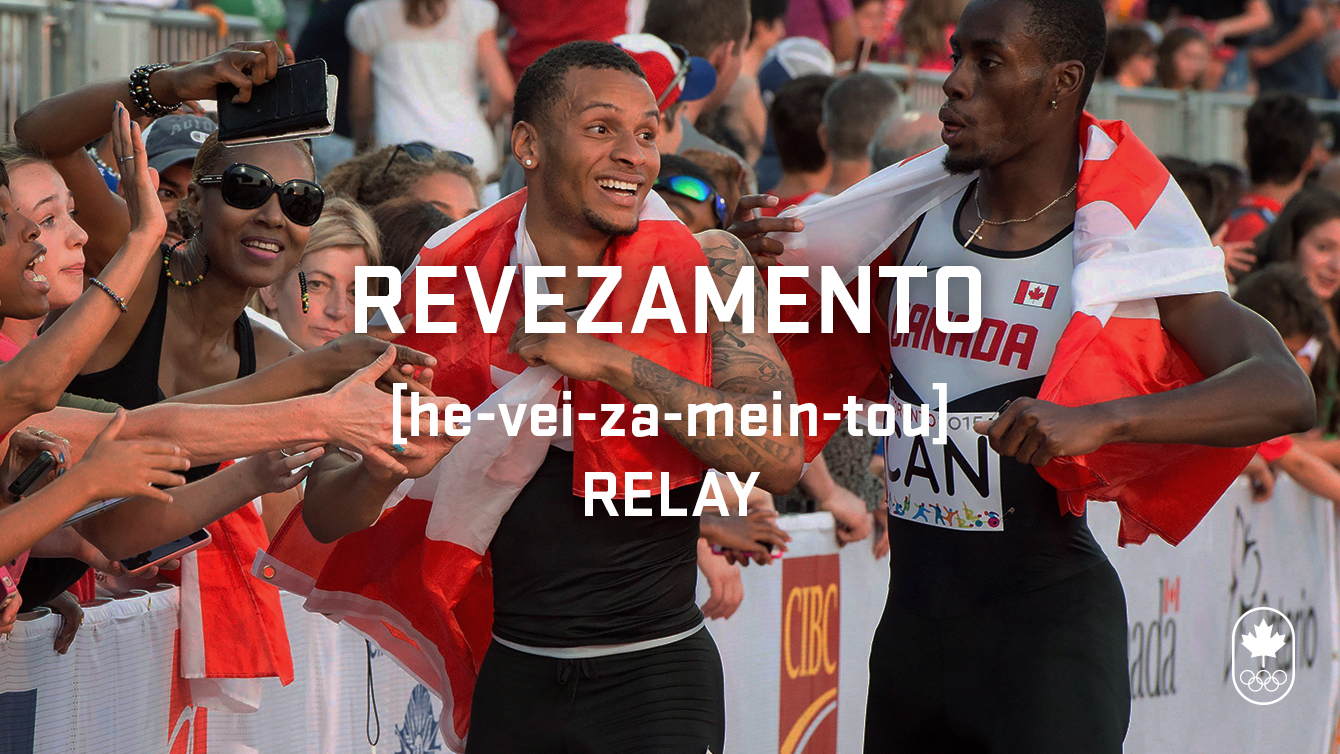
The two relay – revezamento – events of the Olympic Games are 4x100m and 4x400m. Each athlete of a team runs one quarter of the total distance, handing a baton to their teammate. Generally, the teams create a running strategy based on the speed of the runners, starting with the second fastest runner, followed by third fastest, slowest and finishing with the fastest athlete.
Hurdles
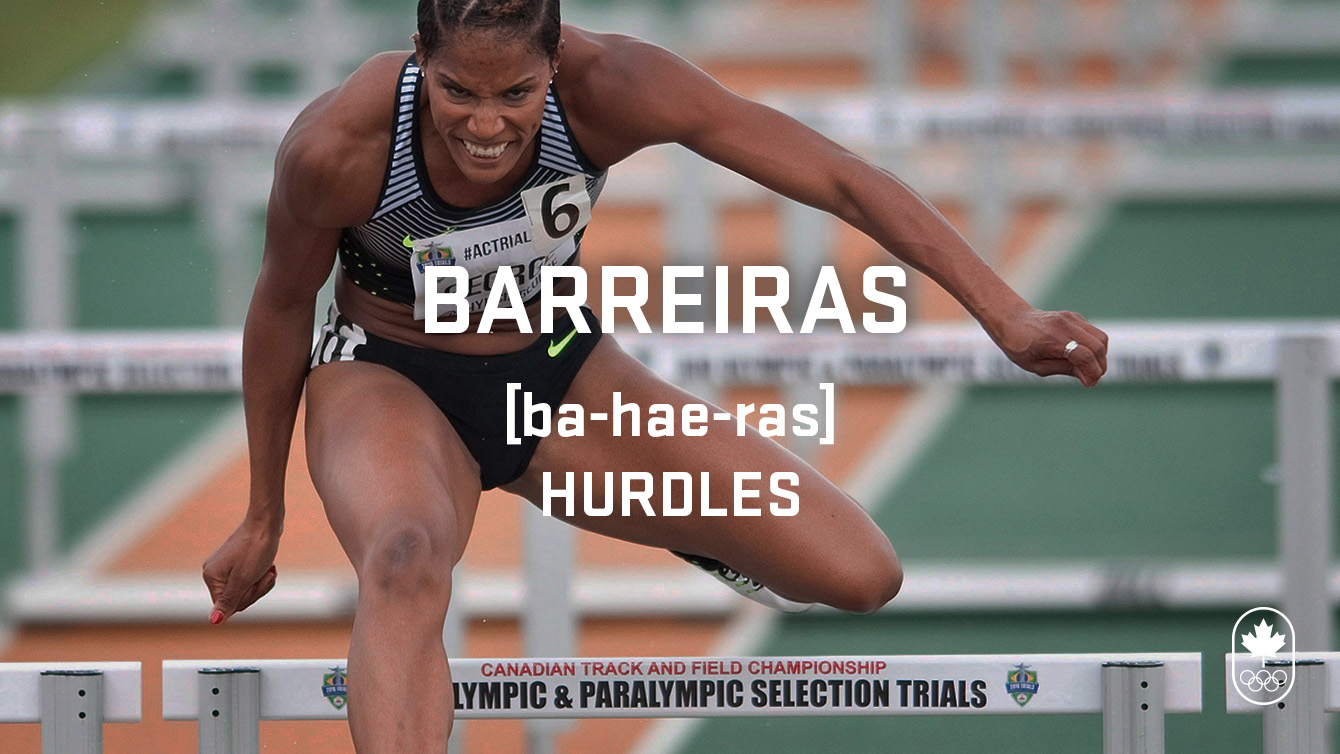
The Olympic hurdle events are 110m (men), 100m (women) and 400m (men and women). In these events, a serie of barriers know as hurdles – or barreiras, in Brazilian Portuguese – are placed at measured heights and distances which the runners must pass over. Failure to do that or intentionally knocking over barreiras result in disqualification.
Steeplechase

Featured in the Olympic programme since the inception of the modern Games, the steeplechase running – or corrida com obstáculos – is currently a 3000m event, with 28 barriers and seven water jumps. The name of the event derives from the steeplechase in horse racing. The first Canadian to get a steeplechase medal was George Orton, gold in the 2500m at Paris 1900.
Marathon
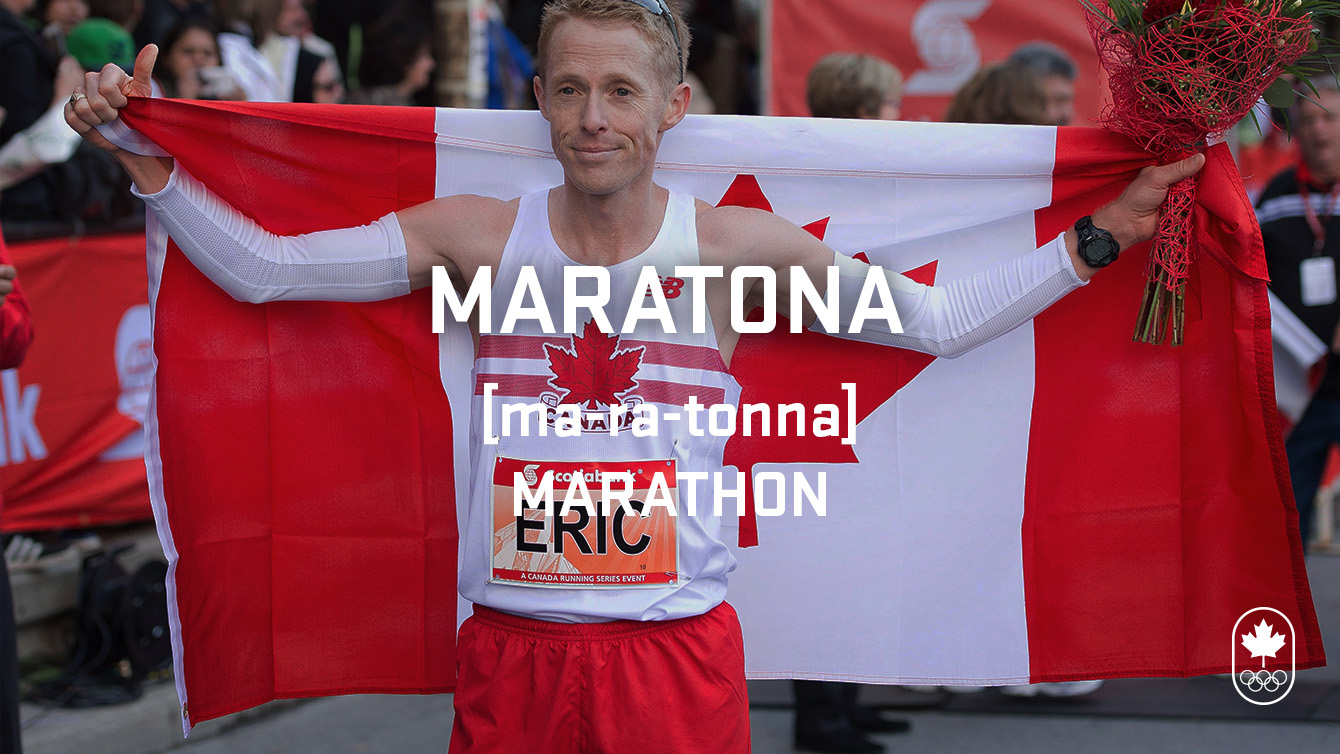
At Rio 2016, Team Canada will pursue its first Olympic medal in marathon – or maratona, in Portuguese. The event has been present at the Games since Athens 1896. London 1908 marked the introduction of the distance of 42,195 km, which became the standard at the Olympics at Paris 1924.
Race walk
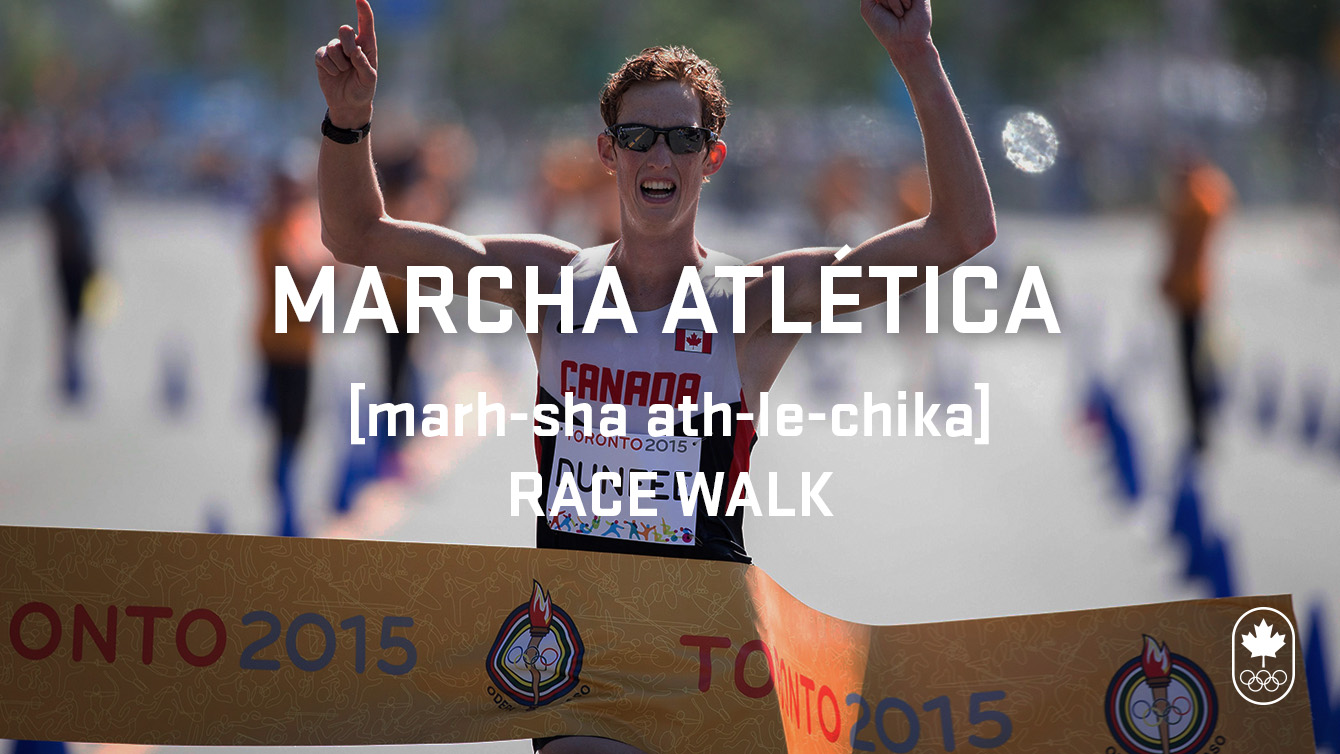
Race walk (marcha atlética), Carioca Crash Course, athletics edition
Three race walking events are included in the Olympic Games: 20 km (men’s and women’s) and 50 km (men’s). All Olympic records in marcha atlética were broken at the London 2012. In the 20 km, the Chinese Chen Ding holds the mark of 1:18:46 in the men’s event, while the Russian Elena Lashmanova holds the women’s record of 1:25:02. The Russian Sergey Kirdyapkin is the Olympic recordist in the 50 km, with a time of 3:35:59.
MORE: Swimming terms in Brazil

